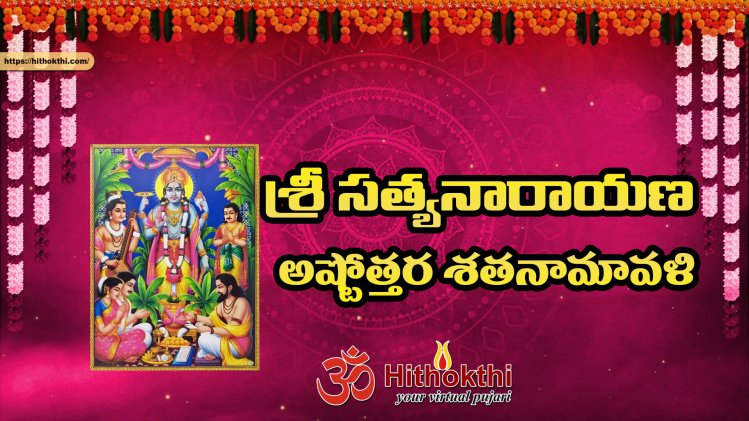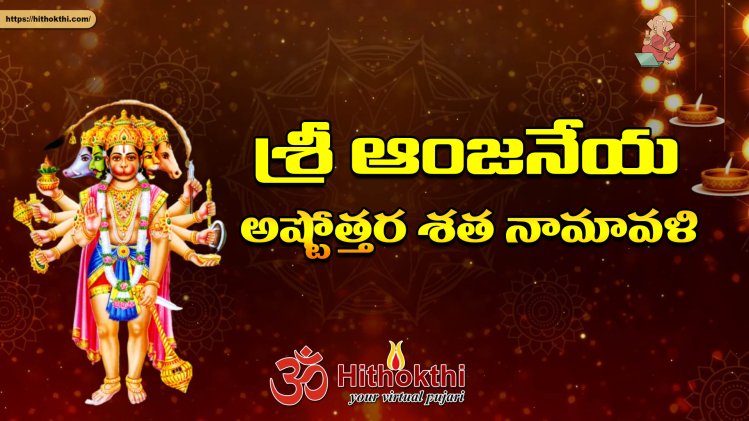Take a glimpse of Silayukti temple in Bali
Bali February 27, 2014: Dressed in white Balinese attire, more than 120 devotee couples underwent the pewintenan gana wisesa ritual recently at Silayukti temple in Padangbai village, Karangasem.
The ritual, which is a purification and initiation rite, elevates the spiritual and social status of the participants into pemangku (temple priests) for males and serati banten (offering makers) for females.
It was organized by Maha Gotra Pasek Sanak Sapta Rsi (MGPSSR), arguably the biggest clan-based organization on the island. Silayukti temple is a historic place of worship believed to have been constructed in 11th century by Mpu Kuturan, an influential sage with supernatural power who played a pivotal role in the birth of Balinese Hinduism.
Each couple brought pejati, an offering made of husked coconut, rice cakes, white threads, fresh flowers and leaves and fragrances. The offering symbolizes their commitment to follow the holy path of priesthood.
The ritual was officiated by three Hindu high priests: Ida Pandita Mpu Daksa Mertayoga from Griya Agung Beraban in Denpasar, Ida Pandita Mpu Acharyananda from Griya Mumbul Sari Serongga in Gianyar, and Ida Pandita Mpu Jaya Wijayananda from Griya Kutuh in Denpasar. Ten other Hindu high priests acted as witnesses to the ritual.
Holy water from seven springs across Bali was poured over the heads of the participants in melukat, a ritual aimed at cleansing bodies and minds of any defilement. The most moving part of the ritual was merajah, when the high priests jotted the sacred symbols on the participants’ bodies using honey as ink.
After the end of the ritual, participants’ bodies and minds are considered sufficiently “pure” to carry out important errands in the temple, including placing offerings in the shrine and sprinkling holy water on the devotees.
“They are now allowed to lead religious ceremonies in temples, including major temples across the island,” a senior temple priest Mangku Mas Sujana said.
The participants also took part in special training on the duties of pemangku and serati banten held prior to the ritual.







